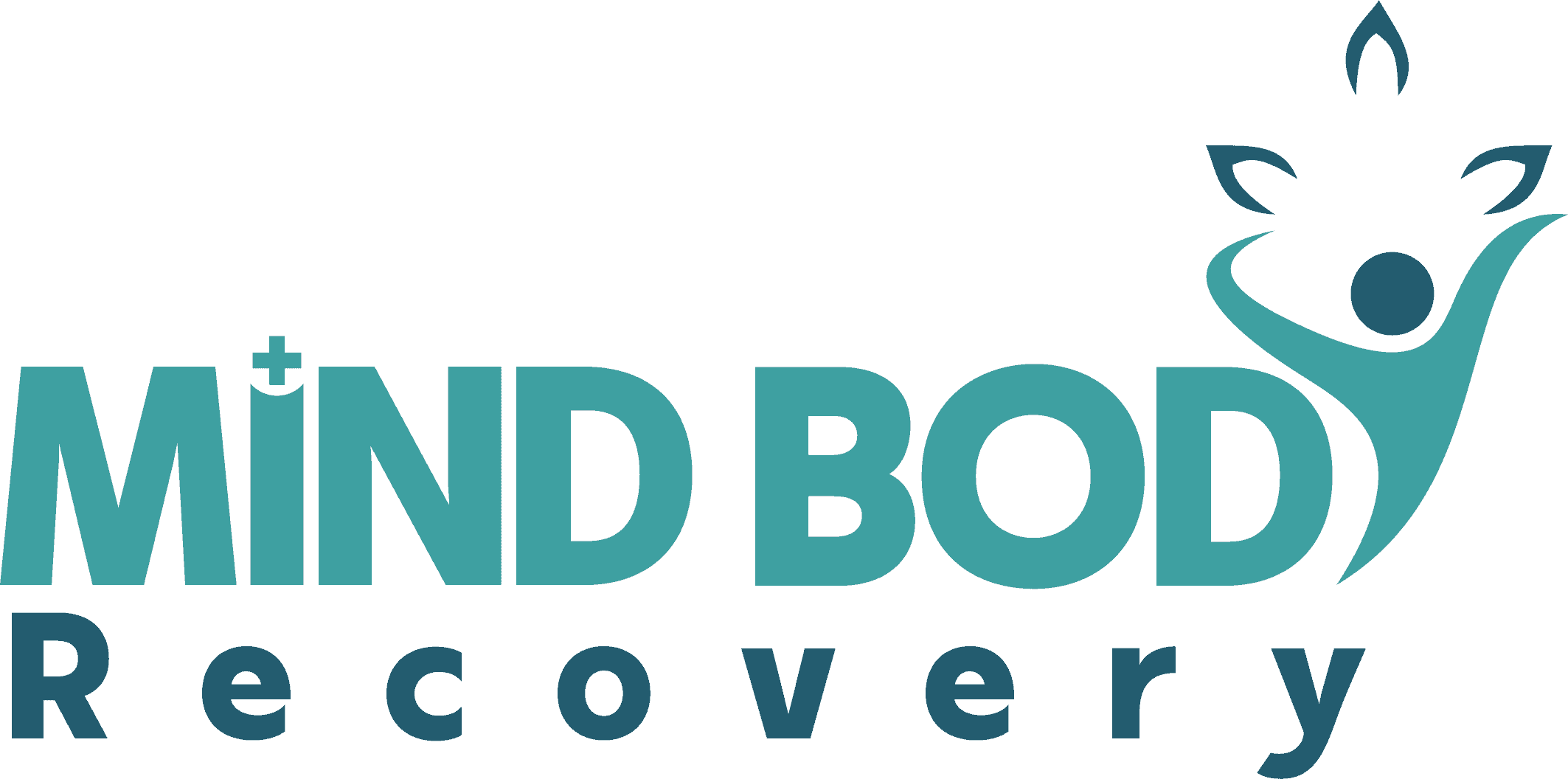One common trait of many drug addicts and alcoholics is problems interacting with others in social situations. This is known as a lack of social skills.
Sometimes this difficulty is what leads a client into addiction in the first place. And some clients have been addicted to substances for such a long time that it has affected their social development. A lack of social skills calls for social skills training. Social skills training for an alcoholic or drug addict consists of:
* How to interact with friends, family members, and coworkers
* How to interact in social situations, especially when drugs and alcohol will be present
* Drug and alcohol refusal skills
Social skills training is closely associated with behavior therapy. Behavior therapy attempts to remove unwanted behaviors and replace them with desirable behaviors. Social skills training is more effective when combined with other cognitive behavioral therapy treatments. Social skills training is proven to significantly decrease the relapse rate for alcoholics and drug addicts.
Interpersonal Relationships and Substance Abuse
Social skills training can teach drug and alcohol addicts how to relate with coworkers, friends, and family in a variety of social settings. Clients will learn such skills as:
* Listening as well as talking; that is, two-way communication
* Empathy
* Understanding unspoken cues such as body language
* Assertiveness, and how not to be taken advantage of
Social Settings in Addiction Recovery
After addiction recovery is complete, drug and alcohol addicts still face a lifetime of social settings where drugs and alcohol may be present. Social skills training can teach clients better ways to deal with these situations. Different skills that can be taught are eye contact and small talk. Some people drink or take drugs to overcome their awkwardness in social settings. Learning the art of small talk can help a recovering addict get past this awkwardness without relapsing.
The recovering addict can choose to avoid social situations where there will be alcohol or drugs. However, this is not always possible. In that case, the recovering addict can also learn skills to avoid drinking in social situations where alcohol or drugs are present. These are called refusal skills. Refusal skills training is often conducted by role-playing in group therapy. This way, clients in recovery can get experience in saying no, which makes it easier to remember when the client is in the social situation. Some refusal skills that a drug addict or alcoholic may be taught are:
* No phrases to use
* Strategies to deal with peer pressure
* Practice saying no at home, before the social situation
* Ask friends and family to help with saying no
Where to Find Social Skills Training
Social skills training often takes place in group therapy. One or two therapists will work with a group of clients in recovery to teach social skills. Clients will practice drink refusal skills by role playing with each other. They will also practice small talk and drink refusal skills. Clients in recovery can also learn social skills in individual therapy. This is less common, as the group model is important for role playing.

